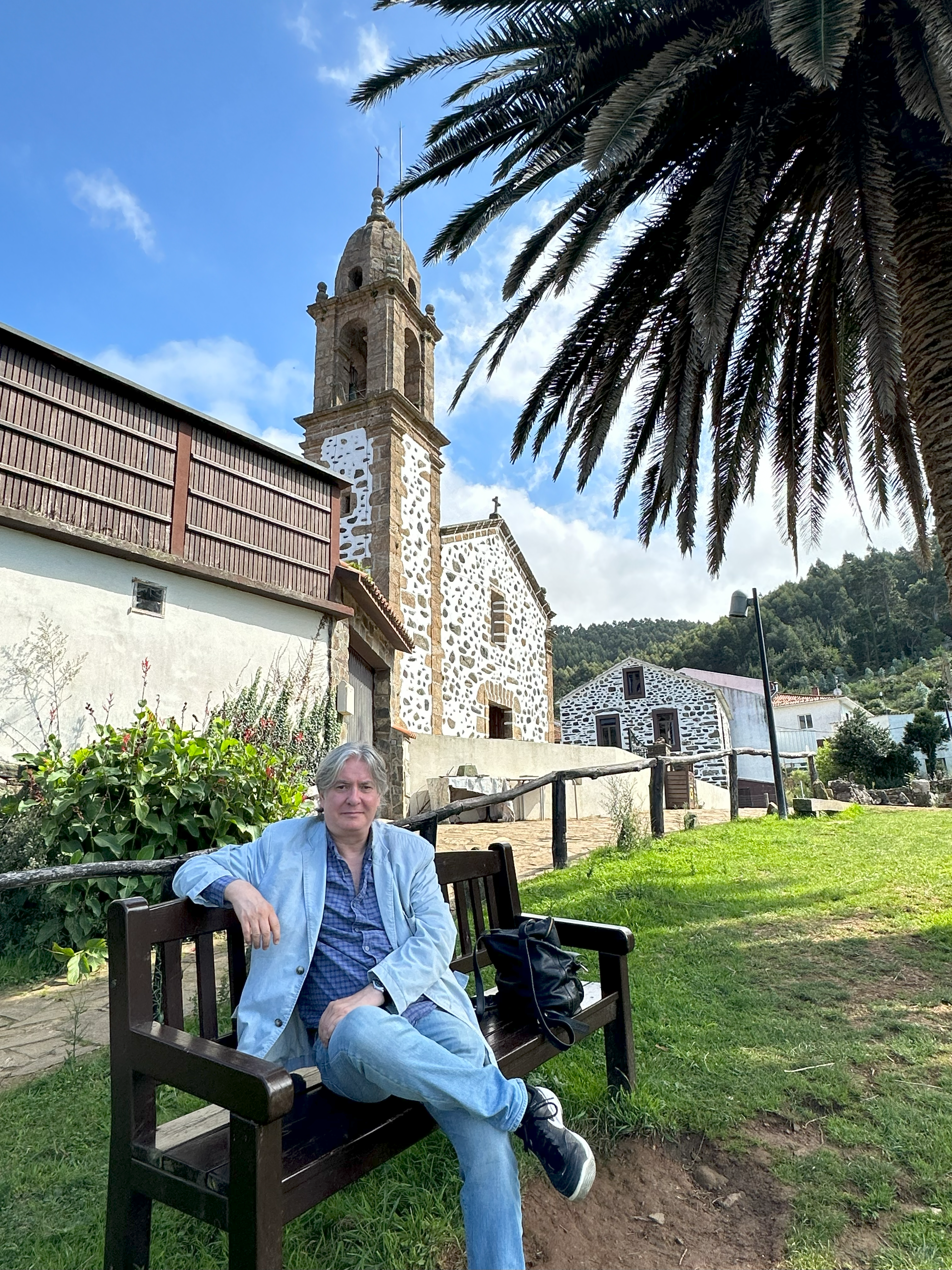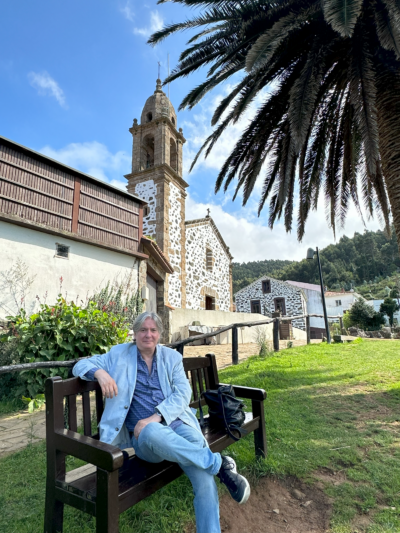About

Kieron O’Hara is a computer scientist and philosopher, interested in the social and political context of technology, particularly the World Wide Web. During an academic career of 30 years, he specialised in studies of trust, privacy and open data. He maintains a passion for communicating complex research issues to the public, and has published over a dozen books and hundreds of peer-reviewed articles on topics ranging from literature to digital society to political philosophy. He is currently working on a book on the politics and ideology of Artificial Intelligence with Professor Dame Wendy Hall.
His research interest is the nature of digital modernity: in other words, the impact and future trajectory of networked digital technology on society, the economy and politics. The technologies available to us, to the groups and social machines we form, and to the institutions around us, are increasing in power and scope, on the back of the data revolution. This creates many economic and social opportunities, while at the same time innovation becomes more disruptive, and long-established practices are disintermediated. Privacy is harder to defend as AI, ML, big data, the Internet of Things, social networking and the free services economy threaten to overwhelm the data protection framework based around individual rights and personal data. Trust becomes more complex as understandings of trustworthy behaviour are disconnected from well-understood social norms. Different visions of the Internet’s future governance are being forged by geopolitical tensions, which will influence the affordances of the technology for individuals, social groups, companies and states. What does digital modernity look like, and where might its logic take us? Where do the opportunities lie, and how can we protect existing valuable practices and resources as we explore those opportunities?
He had a central involvement in the development of the discipline of Web Science, to study the Web through multi-disciplinary methods, and his book ‘A Framework for Web Science’, co-authored with Tim Berners-Lee and others, provided a methodological underpinning (available for download on this site). He edited the journal ‘Foundations and Trends in Web Science’ from its inception until 2022.
He was one of the leads for the UKAN network of anonymisation professionals, and is the co-author of several methodological guides to data anonymisation explaining the Anonymisation Decision-Making Framework (ADF), with colleagues including Professor Mark Elliot and Dr Elaine Mackey of the University of Manchester. The ADF is the most comprehensive method for functional anonymisation.
He has also written extensively on British politics and political theory. He chaired the transparency sector panel for crime and criminal justice for the Ministry of Justice and the Home Office from 2011-15. His report on privacy in the context of the UK government’s transparency programme, ‘Transparent Government, Not Transparent Citizens’, was published in September 2011. He has maintained a particular interest in the philosophy of conservatism, and the history of the British Conservative Party.
He received an MA with first class honours in Philosophy in 1985, and an MPhil in Logic & Metaphysics in 1986 from the University of St Andrews, and an MSc in Computing in 1989 and a DPhil in the Philosophy of Artificial Intelligence in 1994 from Worcester College, University of Oxford. From 1990-2000, he was a research fellow and then senior research fellow in the Artificial Intelligence Group, School of Psychology at the University of Nottingham, and from 2000-20, he was a senior research fellow, principal research fellow and associate professor in Electronics & Computer Science at the University of Southampton. He was also a visiting professor in Law at the University of Winchester (2016-19). He supervised 10 PhD students to completion at Southampton (in Electronics & Computer Science, Social Science/Criminology, Law and Web Science).



 Kieron O'Hara
Kieron O'Hara